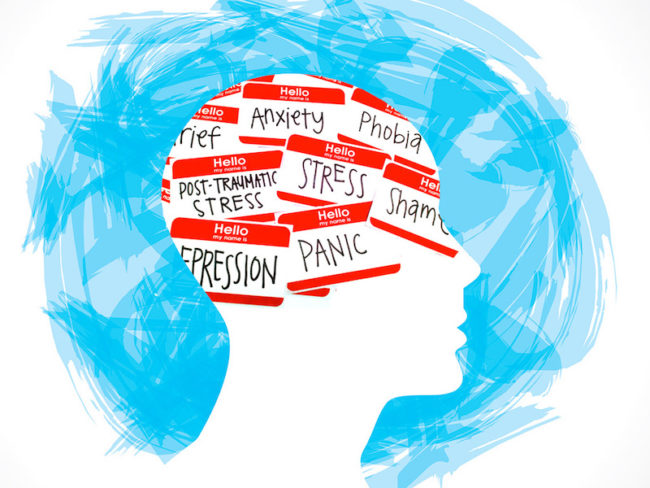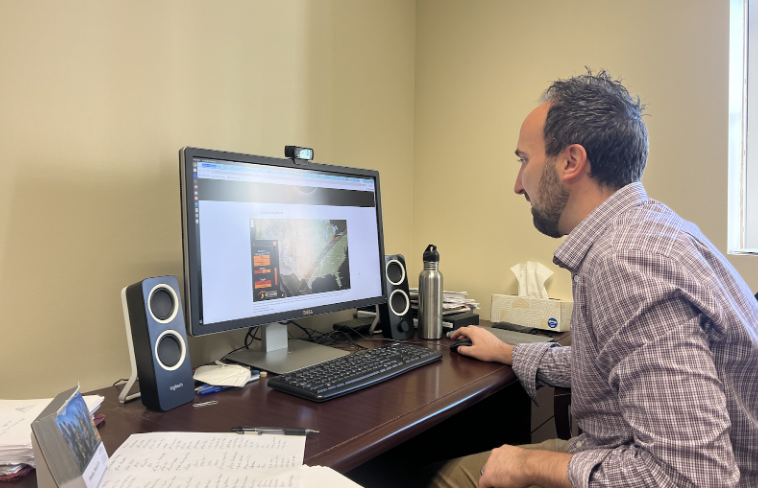SMU’s mental health and female empowerment programs educated students on the importance of women’s mental health on Feb. 28 in the Scholars Den.
“The impact of having a conversation like this really gives students an inside view into how empowering women is the first step to equality, to all equality,” an SMU student said. “With a talk like this it gives me education and awareness on what I go through and my fellow women go through as well.”
Redefining Mental Illness (ReMI) is a SMU student organization that discusses mental health and its impact on a college campus. They partnered with Feminist Equality Movement (FEM) to discuss women’s mental health and its role.
“It is such a crucial conversation for all of us to have,” FEM President Karen Guan said.
ReMI and FEM have individual monthly meetings to discuss mental illness and female empowerment, respectively. This is the first time the organizations have combined the two missions.
The event’s conversation discussed why the groups believe that women’s mental health needs to be discussed separately. ReMI Founder and Co-Director India Simmons said that this is because there are huge expectations placed on women.
“I feel like standards for women are definitely higher, and I feel like that definitely has an effect on mental health,” Simmons said. “Not only that but life experiences as well.”
Many women feel like they are being held to an unattainable beauty standard. This pressure can be a factor in mental health issues like depression or anxiety.
ReMI Co-Director Sophia Green said that these illnesses can also cause women to be seen in a negative light.
“She’s crazy, she is a crazy girl or she is a wild girl or she is a party girl and you kind of see someone’s behavior and, instead of being sympathetic, I attribute it [to] some of her other actions,” Green said. “I think that it’s common that we don’t think about a man and say oh he is crazy, I think it is much more common to say about women.”
ReMI and FEM have seemingly different focuses. However, both organizations worked on creating a safe, encouraging space to discuss women’s mental health at this event.
ReMI will hold another meeting in March about the various effects of medication on mental health.













